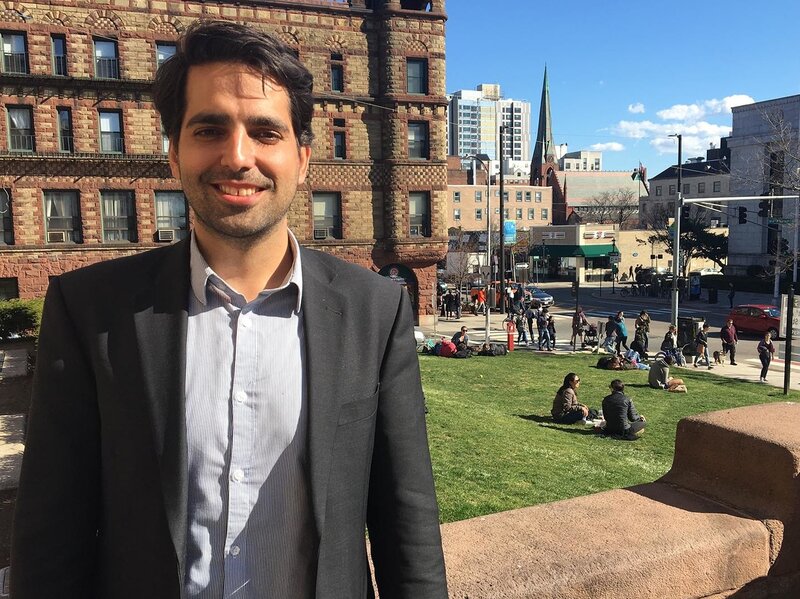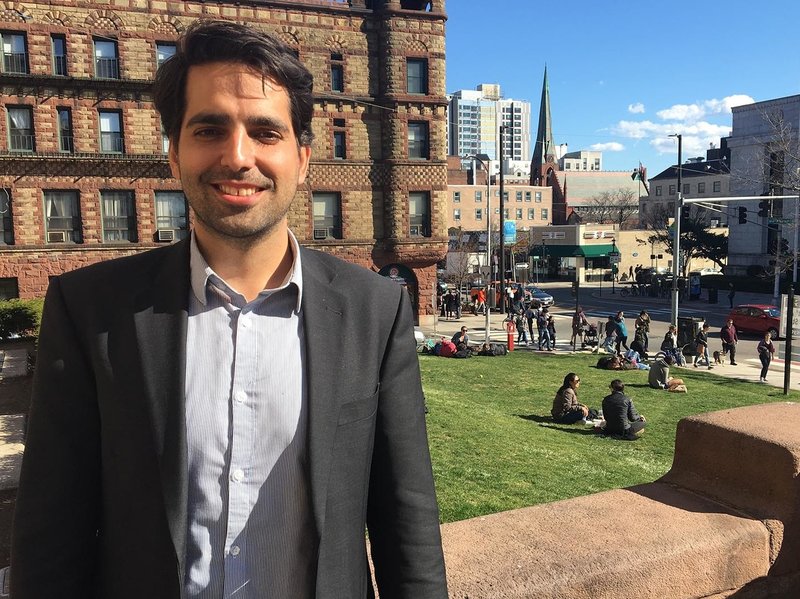
Immigration advocates claim that about half of the most lucrative startups in America were founded by immigrants. But it’s complicated for a foreigner to start a company in America — there’s no such thing as a startup visa.
That’s why some entrepreneurs are “hacking the system” through a workaround that started as an experiment in Massachusetts and has expanded to five other states.
‘Otherwise I wouldn’t have been here’
Shortly after Paulo Melo graduated with his doctorate from the Massachusetts Institute of Technology in 2014, he co-founded doDOC, a startup that helps life science and pharmaceutical companies streamline communication.
Melo grew up in Portugal. He’s not an American citizen — he only came to the United States for grad school — but he wanted to stay in Boston because he thought it was the ideal place to grow his infant business. But he faced a major problem: getting a visa.
“There’s a lot of things in motion when you’re building a company,” Melo says. “At the same time, you have to deal with your visa. And a lot of times it takes a lot of your time and energy. … There are some days where you feel like it’s too much. You don’t sleep. But you kind of chose it that way — you know the rules.”
The rules he’s talking about are immigration laws. Typically an employer can sponsor a work visa, but Melo was his own employer — he didn’t have anyone to sponsor him. So when he heard about wonky workaround at the University of Massachusetts-Boston, called the Global Entrepreneur-in-Residence program, Melo jumped at it.
It gave him the ability to legally stay in the country longer — and, he says, changed his life.
“Otherwise I wouldn’t have been here,” he says. “I couldn’t have done what I’ve done at a personal level, at a professional level.”
Melo’s startup now has deals with a few major pharma companies and has hired employees in Massachusetts and Texas.
The Massachusetts idea
The visa program that helped Melo began as an experiment with the state of Massachusetts in 2014. That first year, just two people were enrolled. Since then, there have been more than three dozen participants.
Here’s how it works: A university sponsors an entrepreneur like Melo for an H-1B visa, a common work visa for…

